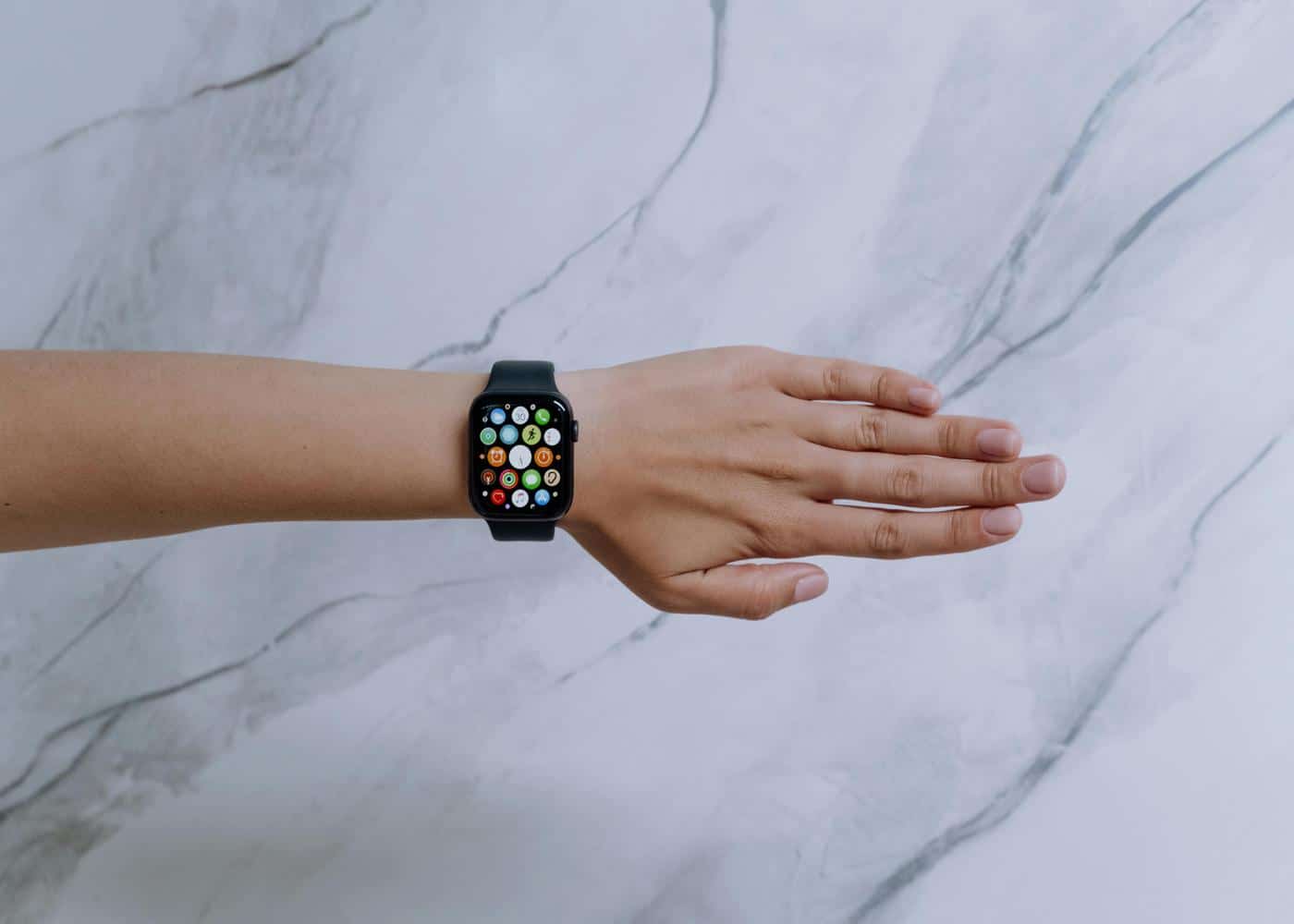Foods that Improve Sleep Quality: What to Eat Before Bed
Key Findings
Your diet plays a powerful role in sleep quality. Foods rich in magnesium, tryptophan, and melatonin, like kiwis, almonds, and chamomile tea, promote relaxation and deeper rest. Meanwhile, caffeine, sugar, and heavy meals can disrupt sleep cycles. Small, consistent dietary choices before bed can transform restless nights into restorative sleep.
A good night’s sleep isn’t just about how many hours you spend in bed; it’s about the quality of that rest. If you’ve ever found yourself lying awake at 2 a.m., replaying the day in your head, or waking up groggy despite going to bed early, your diet might be part of the problem.
Food is fuel, but it’s also chemistry. What you eat in the evening can influence how quickly you fall asleep, how deeply you stay asleep, and how refreshed you feel in the morning.
Some foods naturally calm the nervous system and support sleep hormones for improved sleep quality, while others do the exact opposite.
How Can Diet Affect Sleep Quality?
Most people know caffeine late at night is a bad idea, but the connection between diet and sleep runs much deeper. The foods you eat in the hours before bed can shape the very rhythm of your sleep cycle.
Certain nutrients like magnesium, potassium, and tryptophan are like gentle nudges to your body’s natural sleep-wake system.
They relax tense muscles, lower stress hormones, and help your brain produce melatonin, the hormone that tells your body it’s time to rest.
Meanwhile, complex carbs and fiber help regulate blood sugar, keeping you from waking up hungry at 3 a.m. That’s why people on a low-carb diet often experience sleep problems initially.
On the flip side, heavy or stimulating foods can disrupt this balance. Spicy dinners might leave you tossing with indigestion, while sugary desserts can send your blood sugar soaring, only to crash later, pulling you out of deep sleep.
In short, your evening diet sets the stage for your night. Eat the right foods, and you’re more likely to drift off peacefully. Eat the wrong ones, and your night can feel like a restless tug-of-war between your stomach and your brain.
What to Eat for Better Sleep and Relaxation
If sleep has been elusive, small changes in your evening menu may help. Here are some of the most effective foods and drinks to encourage better sleep through nutrition:
1. Kiwi
Kiwis are a surprising sleep-improving superfood. They’re rich in serotonin, an important neurotransmitter for regulating sleep, and antioxidants that reduce inflammation.
In one study, adults who ate two kiwis an hour before bed fell asleep faster and slept more soundly, with less tossing and turning or waking up in the middle of the night.
Best way to enjoy: Eat one or two kiwis plain or sliced into a yogurt bowl as an evening snack.
2. Almonds
Almonds are packed with magnesium, a mineral that helps relax muscles and regulate melatonin. They also provide healthy fats and protein, preventing late-night blood sugar crashes.
Best way to enjoy: A small handful (about 1 ounce) before bed, or sprinkled over a bowl of oatmeal.
3. Turkey (and other lean proteins)
Turkey is famous for its natural tryptophan content: the amino acid that helps produce melatonin and serotonin.
It’s not just turkey, either. Other lean proteins like chicken, salmon, tuna, and even eggs also provide tryptophan and can be helpful additions to an evening meal when eaten in moderate portions.
Best way to enjoy: A slice of turkey breast with whole-grain crackers makes a light evening snack. Alternatively, a small serving of grilled chicken or baked salmon paired with vegetables and brown rice.
4. Chamomile Tea
Chamomile tea has been used for centuries as a calming bedtime ritual. Its active compound, apigenin, binds to certain brain receptors that promote sleepiness and reduce insomnia symptoms.
Best way to enjoy: Brew a cup 30–45 minutes before bed, ideally as part of your wind-down routine.
5. Bananas
Bananas deliver potassium and magnesium, both of which relax the muscles and calm the nervous system. They also contain tryptophan, making them a gentle natural sleep aid.
Best way to enjoy: Eat one plain, or mash it into warm oatmeal for a comforting bedtime snack.
6. Oatmeal
Warm, slow-digesting carbs like oatmeal can increase serotonin and melatonin levels. The steady release of energy keeps blood sugar stable through the night, preventing the wake-ups that come with hunger or glucose dips.
Best way to enjoy: A small bowl of oatmeal with a drizzle of honey and sliced banana for extra sleep-friendly nutrients.
7. Walnuts
Walnuts naturally contain melatonin as well as omega-3 fatty acids, which reduce inflammation and support brain health. This combination makes them a great snack to encourage deeper sleep.
Best way to enjoy: A small handful of raw walnuts, or chopped into yogurt or oatmeal.
8. Turmeric
Turmeric is well-known for its anti-inflammatory properties, but when used in food, it can also dramatically improve sleep quality by calming the nervous system and promoting relaxation. Many people find that a warm turmeric drink before bed helps them wind down.
Best way to enjoy: Try a “golden milk” latte made with turmeric, warm plant-based milk, and a touch of honey for natural sweetness.
Foods and Drinks to Avoid Before Bed
Just as some foods support sleep, others can sabotage it. If you’re struggling with restless nights, steer clear of these evening culprits, and try the simple swaps that make bedtime eating easier:
Caffeine
Caffeine is the obvious one, but it often hides in places you wouldn’t expect, like chocolate, certain teas, and even “decaf” coffee, which can still contain small amounts.
Because caffeine can linger in your system for 6–8 hours, that afternoon latte may be what’s keeping you up at midnight.
Swap it for: Herbal teas like chamomile, peppermint, or rooibos, or a warm cup of golden milk (turmeric latte).
Alcohol
While alcohol may make you feel drowsy, it fragments your sleep cycle and disrupts REM, the stage most important for memory and recovery.
This often leads to shallow sleep and waking up in the middle of the night.
Swap it for: Sparkling water with lemon or a non-alcoholic herbal mocktail if you want something special in the evening.
Spicy Foods
Spicy curries, hot peppers, and chili sauces can irritate the stomach and raise body temperature, making it harder to fall asleep. They may also trigger acid reflux when you lie down.
Swap it for: Milder seasonings at dinnertime. Use herbs like basil, parsley, or thyme for flavor without the heat.
High-Sugar Snacks
Sugary desserts cause blood sugar spikes followed by crashes that can wake you up during the night. They can also overstimulate your brain right before bed.
Swap it for: Naturally sweet alternatives like a sliced banana with almond butter, Greek yogurt with berries, or a few Medjool dates. These satisfy a sweet tooth while supporting better sleep.
Heavy or Fatty Meals
Fried foods, fast food, or large portions of creamy pasta sit heavily in the stomach and slow digestion. This can cause discomfort, bloating, or reflux when you lie down, disrupting your sleep.
Swap it for: A lighter dinner at least 2–3 hours before bed. Think baked salmon with vegetables, or a bowl of lentil soup with whole-grain bread. If you need a late snack, keep it small and simple, like a piece of fruit or a handful of nuts.
Final Thoughts: Sleep-Improving Foods
Better sleep doesn’t always require supplements or strict routines; sometimes it’s as simple as making the right choices at dinner and snack time.
By leaning into foods that relax the body and support melatonin production, like kiwis, almonds, or chamomile tea, and avoiding common disruptors like caffeine, sugar, and alcohol, you can create a nighttime routine that naturally supports deep, restorative rest.
The best approach is consistency. A single “sleep-friendly” meal won’t magically fix your nights, but a pattern of smart choices will.
That’s why Neura has been designed to make tracking all your Health Foundations, from nutrition to sleep quality, seamless. Integrate all your health data in one place to identify long-term correlations and sustainable fixes to diet and evening habits with the help of your personal AI.
Article FAQ
Do nuts improve sleep quality?
Absolutely, they can. Nuts like almonds and walnuts contain magnesium, healthy fats, and even natural melatonin, all of which support better sleep. Eating a small handful in the evening can help relax muscles and promote restfulness.
How does nutrition affect sleep?
Nutrition influences hormone production, digestion, and energy balance, all of which affect sleep. Foods rich in magnesium, tryptophan, and complex carbs can encourage melatonin release, while caffeine, sugar, and heavy meals can interfere with your body’s ability to rest.
Does diet affect sleep apnea?
Yes. While diet alone won’t cure sleep apnea, excess weight is a major risk factor, and unhealthy eating habits can make symptoms worse. A balanced diet that supports a healthy weight may reduce severity and improve sleep quality.
Is magnesium really a sleep aid?
Magnesium helps regulate neurotransmitters that calm the nervous system. Many people with low magnesium levels find that supplementation or magnesium-rich foods (like nuts, leafy greens, and seeds) improve their ability to fall and stay asleep.
What’s the best time to stop eating before bed?
It’s generally recommended to avoid heavy meals within 2–3 hours of bedtime. Light snacks are fine, but large, fatty, or spicy meals eaten too close to sleep often cause discomfort or indigestion that can keep you awake.
Can creatine disrupt sleep?
Creatine is generally not linked to poor sleep quality, but taking it late in the evening may cause mild restlessness in some people. It’s best taken earlier in the day to avoid any potential impact on sleep.




















